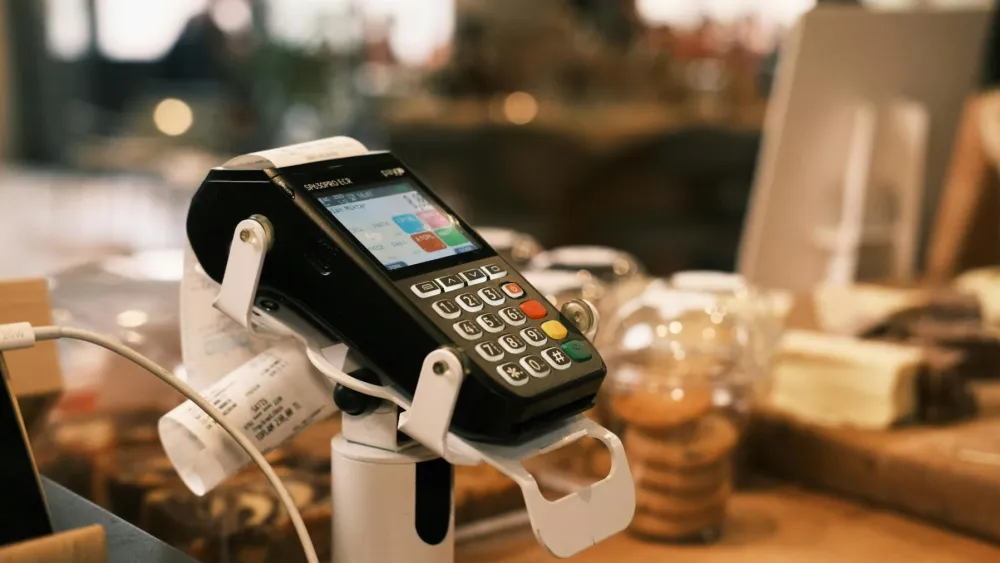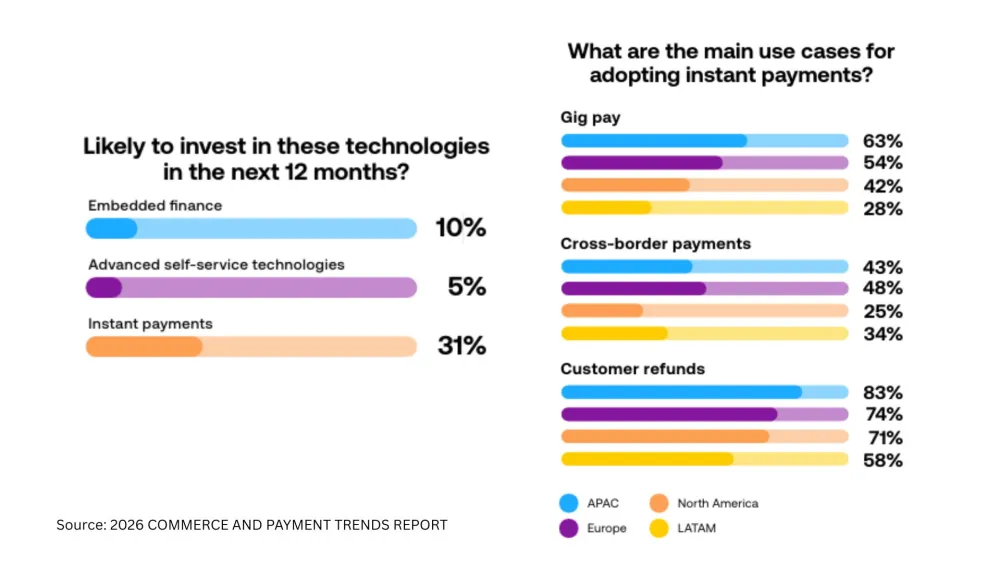Bitcoin: Fact versus fiction and its implications for Asian economies
By David MoskowitzBitcoin (BTC) is a decentralised virtual cryptocurrency and digital commodity money, operating on a bi-directional flow where it can be traded for various fiat currencies like the Singapore Dollar, Japanese Yen, Euro, or US Dollar.
It's also peer-to-peer payment (P2P) system secured via cryptography, introduced as an open source software project by a developer(s) going by the pseudonym of Satoshi Nakamoto in 2009 as a medium of exchange, unit of account, and transaction system.
It allows fund transfers between two parties in transactions, facilitated via public and private keys for security purposes, its algorithm allowing trustless security and privacy.
And it happens to be surrounded by a collection of misinformation and myths, borne from the media sensationalisation of 2013 and 2014. So what are the facts surrounding this fintech innovation?
FACT OR FICTION?
Bitcoin is Illegal - Fiction. Currently, there's no unified regulatory consensus regarding BTC, with many countries adopting their own laws with regard to BTC. Some embrace it, others ban it, and a few adopt a laissez-faire approach. It has generated significant legal concerns, with regulations evolving over time.
Germany treats BTC as a unit of account usable for tax and and trading within Germany, while Hong Kong and Singapore treat BTC as a virtual commodity and monitor its development globally and locally. The Netherlands, in its typically laissez-faire style, treats it as a currency for tax purposes.
Thailand and Indonesia maintain nebulous policies on BTC. Thai BTC businesses can still obtain business licenses. In Indonesia, BTC is nominally illegal, but BTC users are neither pursued nor punished. Any theft or fraud involving BTC also remains unprosecuted.
BTC is a speculative investment - Fact. Most people heard about BTC in the context of the price bubble it underwent in 2013, which saw its rapid rise. And the general public associates it with the high volatility of then and now.
The truth is, of course, that bitcoin goes far beyond its classification as a commodity. The decentralised peer-to-peer payment network made possible by bitcoin is only one example of how bitcoin is breaking down doors.
If the price of bitcoin were theoretically to stay the same forever, it would still have utility in many other areas other than as a speculative investment. It has enabled phenomena like rapid international money transfers, decentralised smart contracts, and domain name registration, as well as micropayments below $1.
Bitcoin is centrally owned - Fiction. Bitcoin is not owned by a central authority – which is required for a Ponzi Scheme – but overseen by a consensus network of nodes that is sustained by Bitcoin mining; the process of adding transaction records to Bitcoin's triple-entry public ledger of past transactions.
This mining operates on a complex algorithm which solves the Byzantine General's Problem.
Bitcoin's blockchain is the breakthrough - Fact. The blockchain is a public ledger of transactions, confirming transactions throughout the network have occurred. BTC nodes use the blockchain to distinguish legitimate transactions from attempts to re-spend coins spent elsewhere and commit fraud.
The distributed ledger and trustless security of the blockchain is what grants BTC its usability. Bitcoin is just one use case of the blockchain. However, they cannot be separated.
Mining is the foundation of the bitcoin protocol. Without miners, there's no blockchain.
Consequently, miners need to be rewarded for their work, as an incentive to contribute time and computing power to maintain the blockchain. Bitcoin is integral to the functionality of the blockchain as its native reward token.
BTC has no benefits vis-a-vis gold and fiat currencies - Fiction. BTC has more than a few benefits over gold and fiat currencies, though requires a digital infrastructure to function. Unlike gold, bitcoins are easy to transfer, secure, verify, and granulate, being a digital commodity.
Unlike fiat currencies, bitcoins are predictable, limited in supply, and uncontrolled by a central authority (e.g. The United States Federal Reserve), minimising political influence and maximising market mechanics as well as not being debt-based.
Unlike electronic fiat currency systems, bitcoins are also pseudo-anonymous, freeze-proof, faster to transfer, and have minimal transaction fees involved. Bitcoin mining is a function of generating and maintaining BTC, with BTC generation becoming progressively harder.
The rate of supply of BTC declines until it reaches a limit of 21 million BTC, making it deflationary currency, and increasing its value through scarcity. However, this can pose problems of its own, according to The Economist.
Bitcoin is anonymous and facilitates criminal-related transactions – Fact and Fiction. BTC ownership is determined by the use of a private key linked to the blockchains. Cash transactions offer comparable anonymity but are still successfully taxed, within the framework of applicable state laws.
While it is easy to transfer bitcoins anonymously, spending them anonymously on tangibles is as traceable as spending any other transaction.
Bitcoin transactions, while generally private, are pseudo-anonymous. All transactions are publicly viewable on the blockchain and can be subjected to auditing. Only the natural person identity is private. However, even this can be traced, given time and effort.
All Bitcoin transactions are publicly available and can easily be verified, with their payment behaviour tracked. Transactions can be reviewed, audited and verified independently.
Only 0.5% of BTC transactions were used to pay for drugs in 2013, contrasted with a 2009 report indicating the majority of US, Canadian, and Brazilian currency are contaminated with cocaine – an illicit drug.
BTC isn't accepted by vendors - Fiction. BTC is accepted as a form of payment by Microsoft, Dell, Expedia, Overstock, Tiger Direct, and others. PayPal has partnered with several payment processors to handle Bitcoin transactions as well.
In certain countries, BTC is increasingly being adopted as a payment option. A major benefit of BTC is its low transaction fees, with typical savings of 1%-3% for merchants, compared to transacting credit cards.
Asian prospects for Bitcoin
The greatest prospects for the growth of BTC lies in the emerging markets of the Asia-Pacific and Africa. In the Western world, the financial infrastructure is established, with the major oligopolists firmly entrenched in the financial industry.
Much like the rise of online marketplaces (e.g. Amazon) had a dis-intermediating and disruptive effect on the retail and logistics sector, the emergence of Bitcoin and other cryptocurrencies challenged the centralised control, industry protocols, and financial infrastructure of established organisations like the banks and financial institutions.
The Asia-Pacific (APAC), which has many emerging markets and unbanked consumers, has less established infrastructure. The only mature economies in the region are Japan, Singapore, Hong Kong, and Taiwan, with countries like Indonesia, India, Pakistan, Bangladesh, the Philippines, and Vietnam providing tremendous opportunities of growth.
Why? They have significant expatriate worker populations and migrant diasporas located in North America, Europe, and the mature markets of Asia.
In countries like Indonesia, the Philippines, India, and Bangladesh, the remittance industry would benefit from the negligible transaction costs for remittance transfers, as well as the ability to maintain the confidentiality of their transactions.
Bitcoin also has the power to enhance regulatory rigour while maintaining the confidentiality of stakeholders in a transaction. Conventional double-entry bookkeeping allows firms to maintain records that reflect what the firm owns and owes, as well as what the firm has earned and spent over any given period of time.
With the blockchain, triple-entry accounting is enabled, enhancing the double entry bookkeeping system by cryptographically sealing all accounting entries involving external parties. This allows entries of different parties to a given transaction to be congruent.
A seller books a debit to account for cash received, while a purchaser books a credit for cash spent in the same transaction, but in separate sets of accounting records.
The blockchain enables these entries, which occur separately in independent sets to be recorded as transfers between wallet addresses in the same distributed, public ledger, creating an interlocking system of enduring accounting records.
These entries are distributed and cryptographically sealed, making their falsification or destruction to conceal activities practically impossible.
Given the corruption endemic to the public and private sectors of numerous Asia-Pacific states, this would have implications for voting, business and financial transactions and contracts. The implications of smart contracts, agents, digital commodities, and distributed autonomous corporations are far-reaching, especially for these economies as they grow towards maturity.
David Moskowitz will lead a hot topic session on the future of crypto-currencies at Crowdsourcing Week Global 2015 in Singapore, April 20-24.




















 Advertise
Advertise











